- UN chief ‘shocked’ by reports of excessive force against protesters in Iran UN News
- Iran warns it will retaliate if US attacks as protesters defy crackdown BBC
- Iran protests live: Tehran says it will hit back at US, Israel if attacked Al…
Category: 2. World
-
UN chief ‘shocked’ by reports of excessive force against protesters in Iran – UN News
-
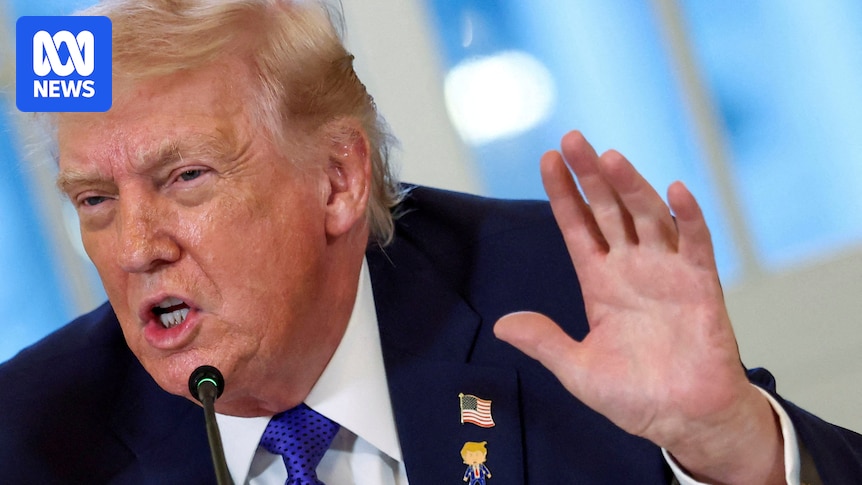
AUDIO: Trump tells Cuba to 'make a deal' as US cuts off Venezuelan oil – Australian Broadcasting Corporation
- AUDIO: Trump tells Cuba to ‘make a deal’ as US cuts off Venezuelan oil Australian Broadcasting Corporation
- Trump vows to cut off oil unless Cuba ‘makes deal’ Dawn
- Trump says no more Venezuelan oil or money to go to Cuba, demands ‘deal’
Continue Reading
-
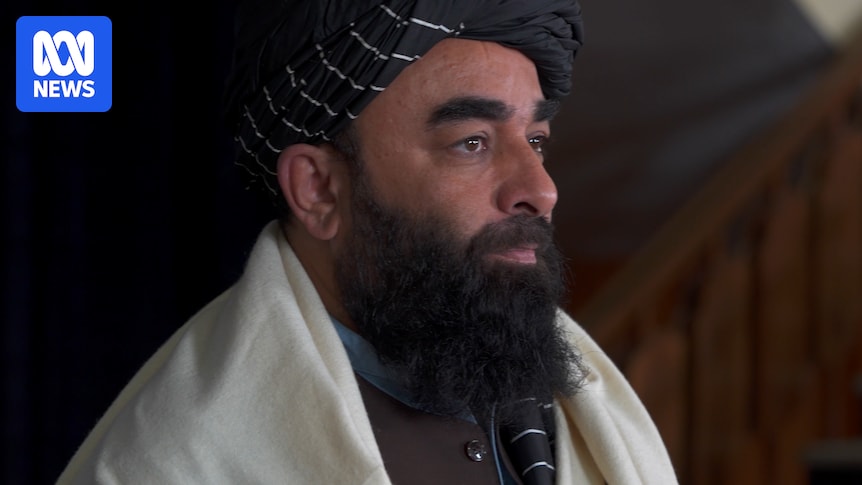
In a rare interview, the Taliban’s chief spokesman exposes the gap between narrative and reality
Zabihullah Mujahid, the Taliban’s chief spokesman, is rarely seen sitting across from a woman, let alone agreeing to a long, unscripted interview.
But on a recent cold morning in Afghanistan’s capital, Kabul, he and I sat down in the Taliban’s…
Continue Reading
-
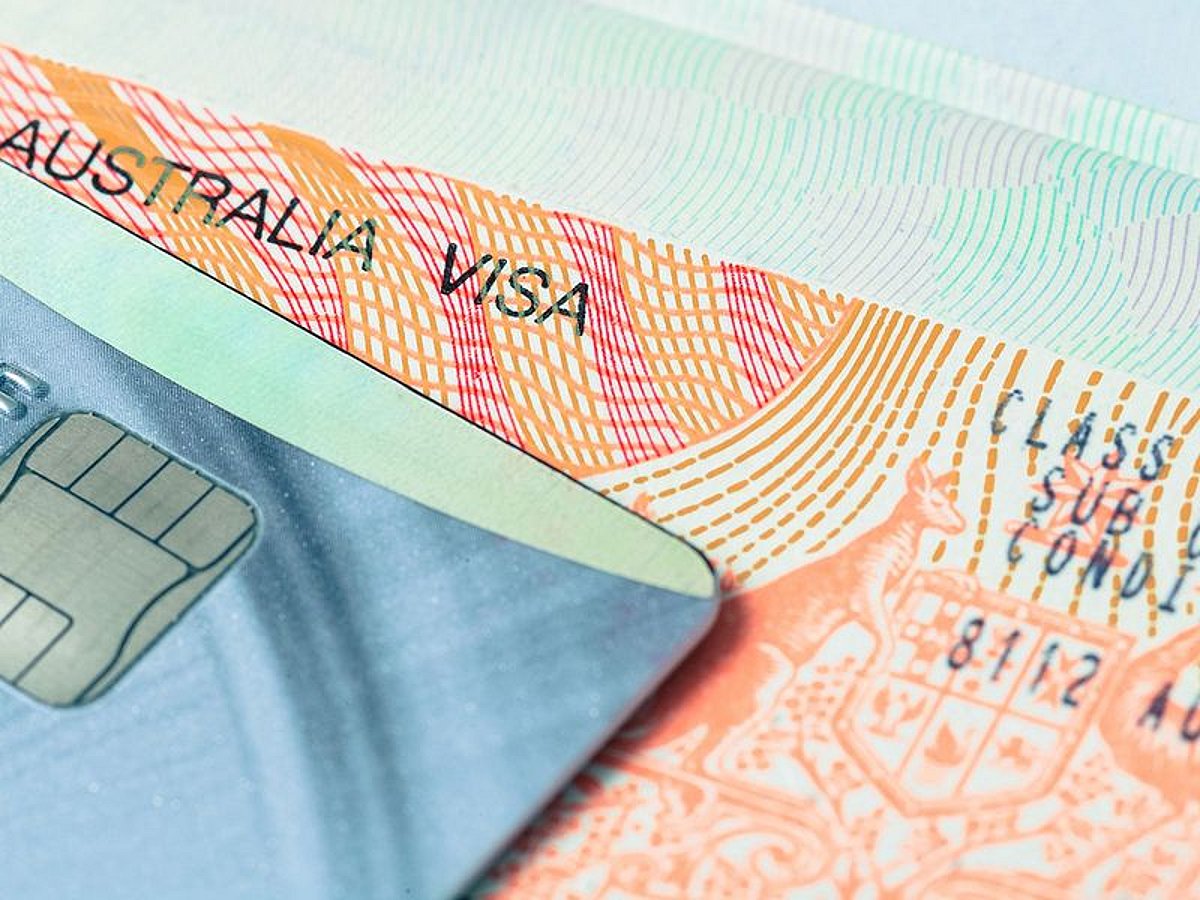
What You Need to Know
Countries moved to Evidence Level 3
The four South-Asian nations were shifted from Evidence Level 2 to Evidence Level 3 in what former Immigration Department deputy secretary Dr Abul Rizvi called a “highly unusual” out-of-cycle change….
Continue Reading
-
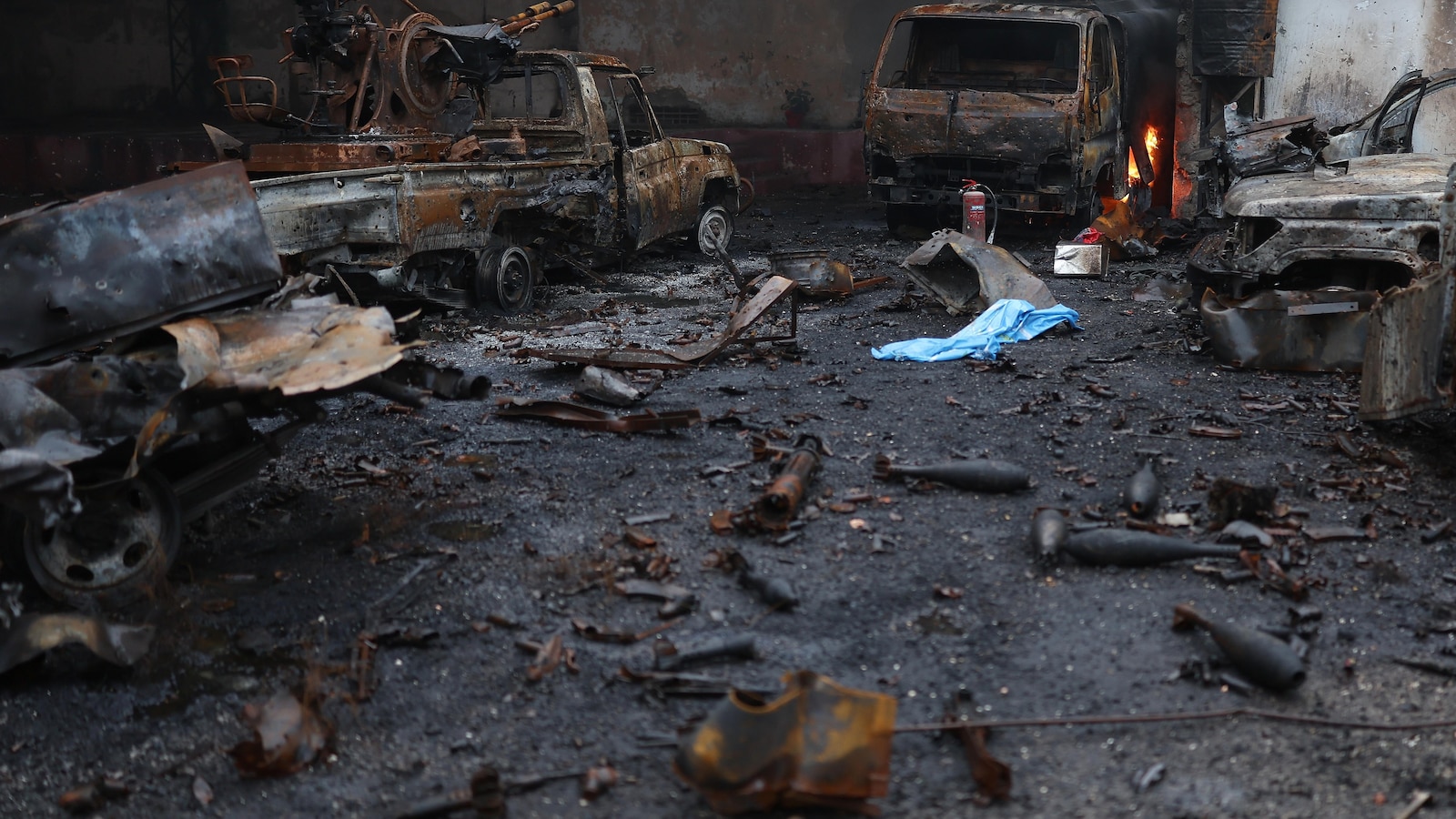
First responders enter devastated Aleppo neighborhood after days of deadly fighting
ALEPPO, Syria — Residents started returning Sunday to a contested neighborhood in Syria’s northern city of Aleppo after days of deadly clashes between government forces and Kurdish-led forces. First responders entered to tend to residents,…
Continue Reading
-

Donald Trump tells Cuba to ‘make a deal’ as US cuts off Venezuelan oil
US President Donald Trump says no more Venezuelan oil or money will enter Cuba unless the communist-run island strikes a deal with Washington, ramping up pressure on the long-time Washington nemesis and provoking defiant words from the island’s…
Continue Reading
-
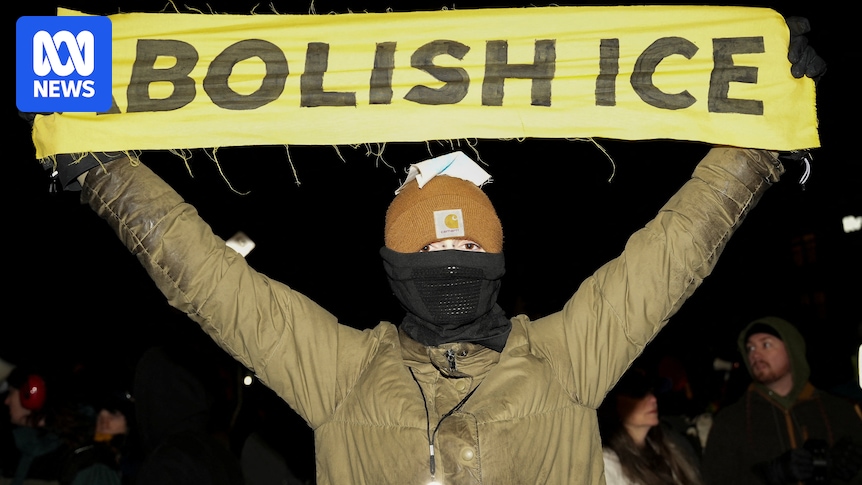
In Minneapolis, the deadly ICE shooting has reopened old wounds
Somali woman Fathmo Hassan has barely left her Minneapolis home in weeks.
But with homemade sambusas and canisters of coffee ready to be dispensed, she stepped out into the pale winter day and headed to the suburban street where mourners were…
Continue Reading
-
Trump Has Historic Chance to Help Topple Iran’s America-hating Regime – JINSA
- Trump Has Historic Chance to Help Topple Iran’s America-hating Regime JINSA
- The options America faces in Iran The Economist
- Trump is helping nudge Iran’s theocratic regime over the edge The Hill
- Donald Trump’s Red Line The Free Press
- Trump…
Continue Reading
-
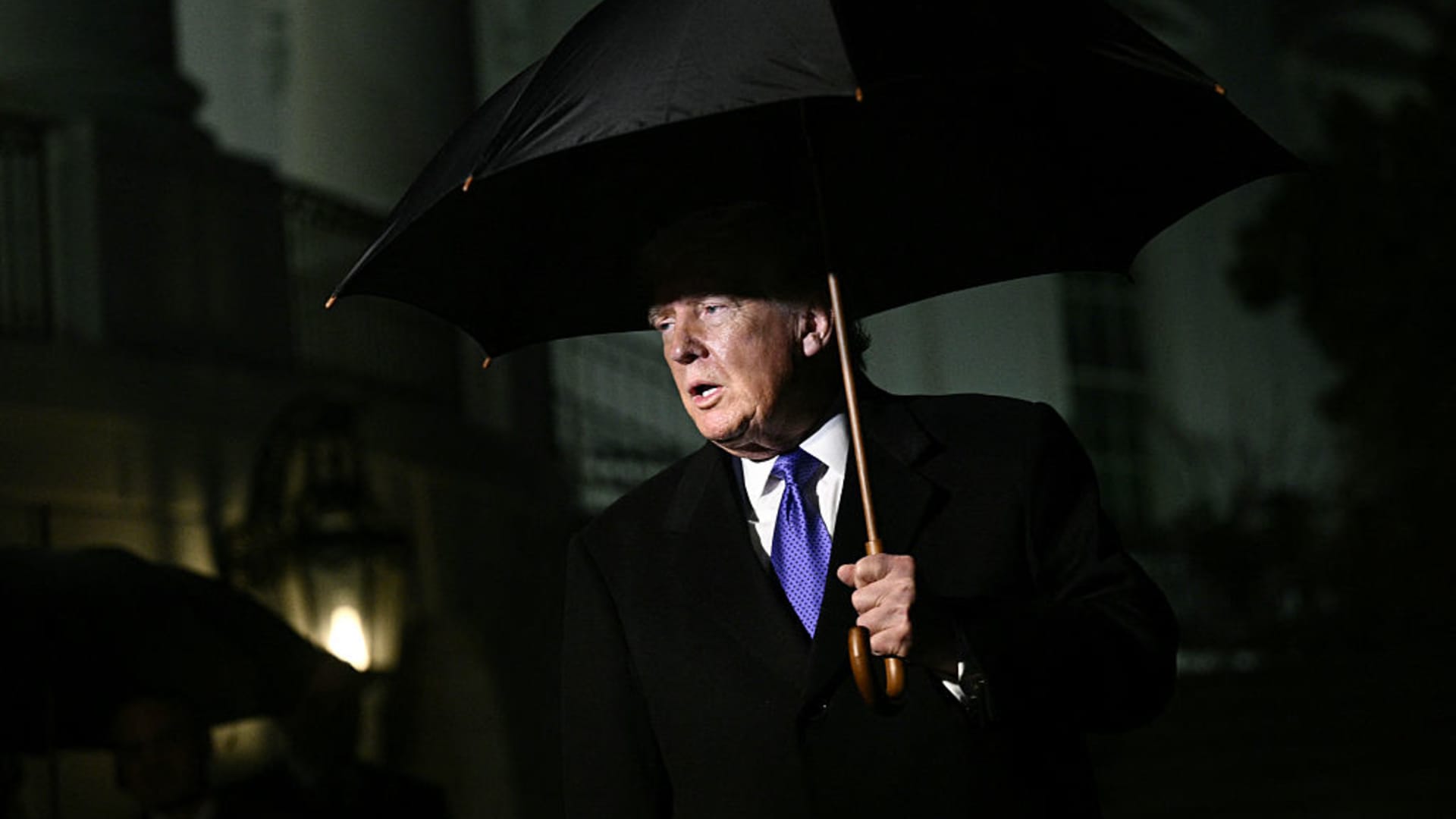
Trump is weighing options against Iran: Reports
US President Donald Trump speaks to reporters as he departs from the South Lawn of the White House in Washington, DC, on Jan. 9, 2026.
Brendan Smialowski | AFP | Getty Images
President Donald Trump is weighing options to take action against Iran,…
Continue Reading
-
Israeli fire kills three people in Gaza, three months on from truce – Reuters
- Israeli fire kills three people in Gaza, three months on from truce Reuters
- Israeli troops kill three more Palestinians Dawn
- At least three Palestinians killed in overnight Israeli attacks on Gaza Al Jazeera
- Israel kills four Palestinians in…
Continue Reading